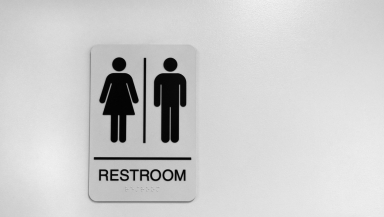
The number of people in Britain with gender recognition certificates (GRCs) has tripled in the last five years, reaching an all time high.
A GRC is a document that officially recognises the gender a person identifies as. In the year to March 2025, there were 1,169 GRCs issued in Britain, up from 364 in 2019/20.
The male/female ratio of those seeking a GRC has changed significantly in the last two decades.
In 2005/06 over three quarters of GRCs were issued to people who were born male. By 2015/16 this had changed two thirds of GRCs being given to people being born male. As of 2023/24 there is almost an even split, with 52 per cent going to biological males and 48 per cent going to biological females.
Around 10 per cent of those with a GRC are part of a married couple.
The publication of the statistics follows a Supreme Court ruling earlier this year that the word 'woman' refers to people who are born biologically female. The ruling means that public facilities and services must now be provided on this basis. In short, transgender women i.e. biological males will not automatically be permitted to use female facilities like changing rooms or toilets. Their involvement in women’s sport also appears to be being phased out.
Baroness Kishwer Falkner, chairwoman of the Equality and Human Rights Commission (EHRC), speaking to BBC Radio 4 following the verdict denied that the ruling rendered GRCs “worthless”.
“We don't believe they are. We think they're quite important.” However, she also admitted that it was not clear what value GRCs now hold: “I think the next stage of litigation may well be tests as to the efficacy of the GRC and/or other areas.”













